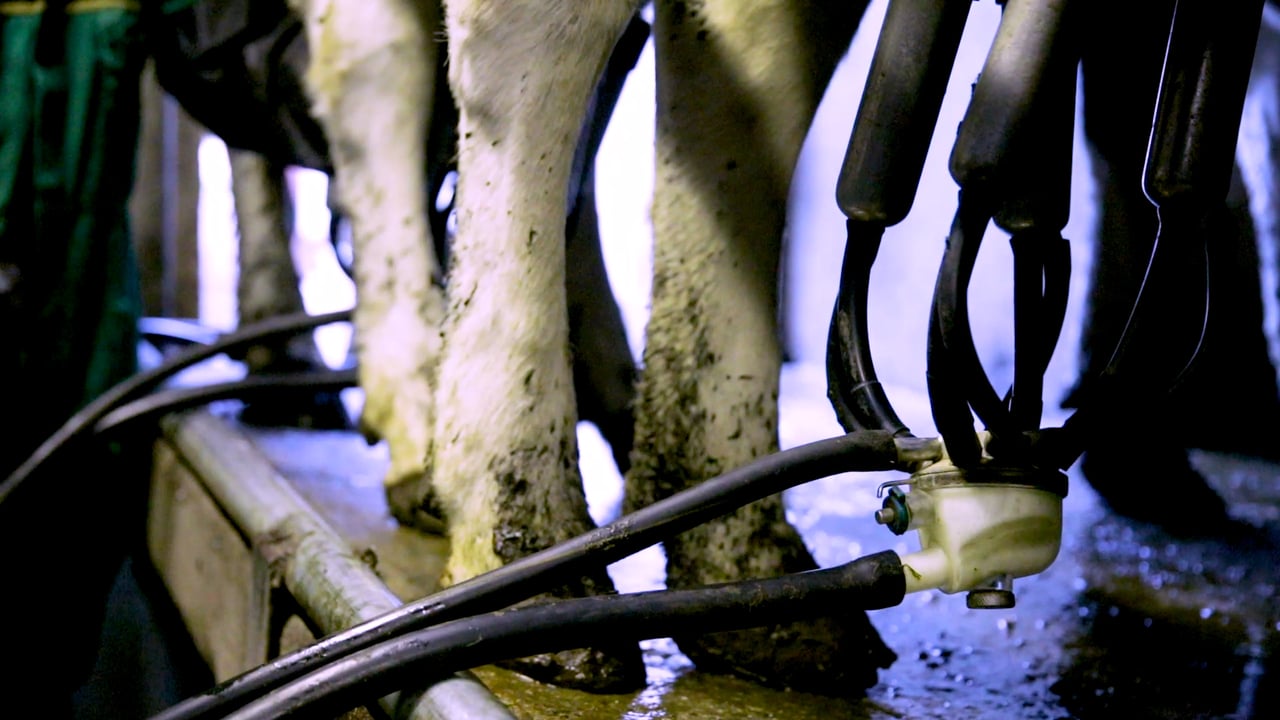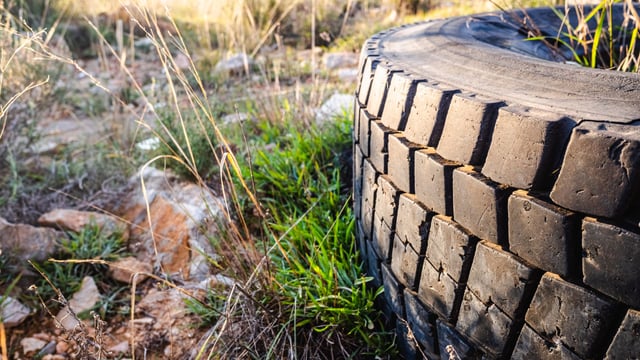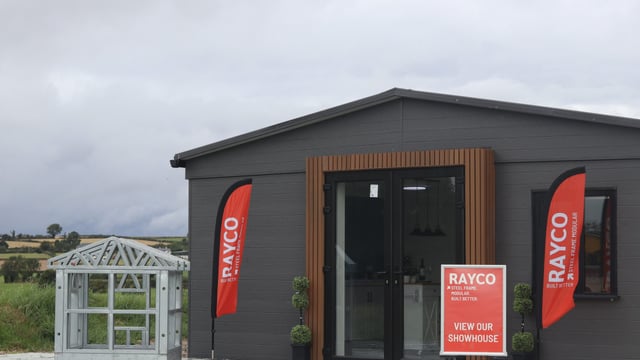ICOS co-op chairs to travel to Brussels amid nitrates 'frustration'
The Irish Co-operative Organisation Society (ICOS) has said that it is "deeply concerned and frustrated" by news this week that Ireland would potentially be required to demonstrate added compliance with the Habitats Directive, as part of its application for a nitrates derogation.
The Department of Agriculture, Food and the Marine (DAFM) revealed on Monday, July 7, that the European Commission has told Ireland it “must demonstrate compliance” with the Habitats Directive when granting farmers a nitrates derogation.
There are 600 sites in Ireland designated under the Habitats Directive and the Birds Directive. Sites range in size from 1ha up to 76,000ha.
These sites are designated as either Special Conservation Areas (SAC) and or Special Protection Areas (SPA) and are generally referred to as Natura 2000 sites.
Under the Habitats Directive any plan or project “likely to have a significant effect on a designated site or species” must be subject to Appropriate Assessment of its implications for the site.
The European Court of Justice has ruled that the “grazing of cattle and or the application of fertilisers on the surface of land or below its surface” in the vicinity of Natura 2000 sites may be classified as a project.
ICOS has outlined its concern in a letter sent today (Friday, July 11) to Jessika Roswall, EU Commissioner for Environment, Water Resilience and a Competitive Circular Economy.
Addressing Commissioner Roswall on behalf of Irish dairy cooperatives and their farmer members, ICOS president Edward Carr stated:
“This is a very significant and unexpected departure that adds a new and potentially onerous layer of compliance to the nitrates derogation that was never envisaged when the Nitrates Directive and Habitats Directive came into force in Ireland in the early 1990s.
“Farmers and their cooperatives have embraced their responsibilities in terms of adopting environmental best practice.
"We have seen very positive outcomes with nitrate concentrations in Irish rivers declining significantly in 2024.
"This new development related to the Habitats Directive is deeply frustrating given the ongoing national movement to improve water quality led by farmers, dairy co-ops, the meat and tillage sectors, Teagasc and LAWPRO [Local Authority Waters Programme]," he added.
The Irish Government is currently preparing a response to the European Commission.
However, ICOS maintains that before any process is agreed to with the commission, the implications for farm families and the food industry need to be outlined.
ICOS has confirmed that a delegation of co-op chairpersons will travel to Brussels on July 15-16 to meet with Irish MEPs and the European Commission on the matter, including Commissioner Roswall’s head of cabinet, Paulina Dejmek Hack.
Edward Carr commented: “We will strongly impress on the European Commission our deep concerns that this development will have for business certainty at farm and processing level and for generational renewal in the sector.
“We will use the opportunity to reinforce to the commission the benefits of Ireland’s unique grass-based system and the strong momentum building in Ireland on water quality and the verifiable improvement in water quality, as well as other environmental metrics such as climate and ammonia.
“The dairy co-op sector has a strong track record of delivering pioneering initiatives on sustainability to support our members and family farms and a strong track record of collaboration and working together.
"We will continue with these efforts to protect the environment and to ensure the future of Ireland’s grass-based system of production that depends on a workable nitrates derogation,” Carr added.





